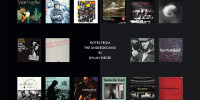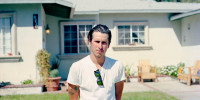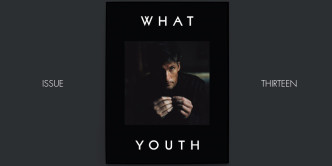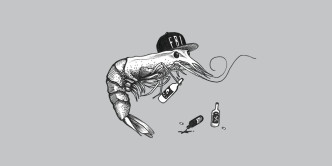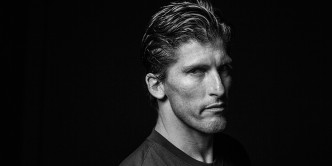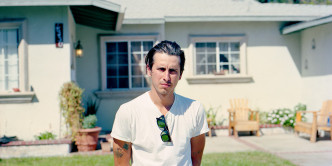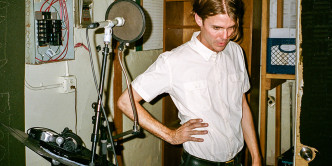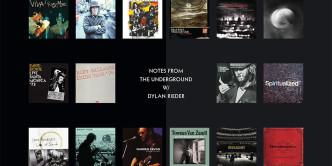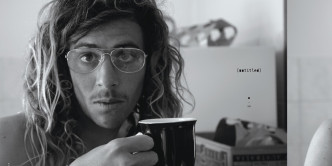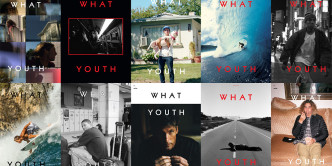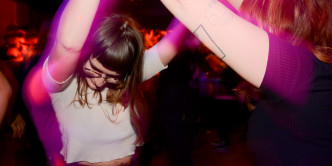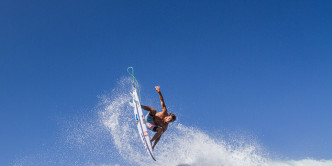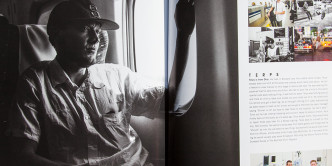WHAT YOUTH: When’d you start playing music?
TRACY BRYANT: I started when I was really young, playing piano when I was like 10. I had this teacher that taught me for a year or two. Maybe a year. I got a little bored, but I liked playing, so I was trying to teach myself. Then this guy named Dean Rod, he was this total rock ‘n’ roll guy. He was teaching my older brother how to play guitar, then he taught me. Rock ‘n’ roll and blues stuff. Rolling Stones, the Doors. I was 12, 13, I got really into it. He taught me how to improvise and hear different chords, major, minor chords and all this stuff. He was a cool guy. He had long hair, this rocker guy from the valley. It was fun. But then when I was like 14 all the music I was into was guitar so I taught myself how to play acoustic guitar in the garage and just spent a bunch of nights in there.
I didn’t start playing in a band until I was like 16, 17. I got into Elliott Smith and how he would make all these songs just on his own. I was pretty inspired, so I went and bought this cassette recorder and started making tapes and recording songs and giving them to people. Some people liked them around where I grew up.
So you’ve always been doing your own recordings?
Always. When I started Corners, I was introduced to that first White Fence record. Tim Presley was doing this cassette stuff, I was like, whoa. This is really cool. I never took cassette recording to that level or had tried to.
And he was doing it in his bedroom.
Yeah! Exactly. And that album was amazing. It inspired me taking it to the next level, and then that tape became Beyond Way, which was inspired by what he was doing at that time.
You record in your apartment, right?
Yeah, but it’s all on cassettes, it’s pretty lo fidelity. It has a cool vibe.
When’d you start Corners?
2010, 2011. The first album was a cassette of home recordings, more or less. And then I met Robert [Cifuentes] also known as Billy Changer. I used to see him at the Smell and then he was working KXLU. Corners played a Live at Five session there and he was the engineer. Matt Galindo, who was playing in the band at the time, moved to Brooklyn and we were like, Robert would be a good fit. Ricky [Mabery] had just joined the band, the drummer at the time. It was cool. That was in June of 2012, and then it just evolved.
When did you decide you wanted to go solo?
I used to do shows by myself on occasion but it was never really a serious thing. I don’t know, it just kind of happened over a year ago. JooJoo [Ashworth] from Froth, he was like, “Dude you should do it,” and then I made this self-titled tape that was home recordings. JooJoo was like “I wanna be in your band dude, I wanna play guitar,” and Jeremy [Katz, also from Froth] was like, “Yeah dude I’d play in your band.” And then we just started playing. It was cool. I had some songs and different ideas and just worked with them. It’s pretty collaborative, they’re all so good.
It’s so interesting that you’d essentially become more collaborative after going solo.
I used to do everything myself and now, I don’t really like being the only opinion or only person doing it. I feel like when other people give you their ideas or the way they play or what they think, then it becomes something unique, something that can’t be imitated so much.
Do you guys write the songs together?
The newer songs, yeah we have been. A lot of songs on Subterranean I already had. Jeremy helped write the song “The Gun,” and Cameron Gartung, we wrote the song “17,000 Miles” together. But yeah, all the new stuff, JooJoo, Jeremy, we all did it together. It’s fun how it works out. I used to live with Jeremy and he would always show me these ideas. He has this really primitive way of making music – he just started playing music like three four years ago on bass, so he has a really good listeners kind of way of playing, like he knows how it’s gonna come across whereas a lot of people just play because they’re some shredder. Jeremy can always see the end result, it seems like. He starts with really good bass lines, then I’ll write a verse or something over it, and JooJoo has the guitar part. It’s pretty cool. It’s kind of exciting. It seems like they enjoy doing it, too. This record definitely sounds like all of us making music together. It captures what I want to do with this solo thing. And have Corners. Do them both, when they work out.
So Corners is still in full effect?
Yeah. We’re doing a new record. We’re recording it right now. Think we’re gonna do it at Jeff [Ramuno]’s house, our synth player. He’s got this studio setup. Robert has all this gear. I think it’s gonna be a good album. We toured so much, we did like 3 months of touring, then we came home and everyone started doing different things.
Robert’s doing Billy Changer, Jeff’s doing The Dream Ride, and you’re doing Tracy Bryant.
Yeah, we were all kind of inspired. I think it’s good though. It’s not really taking away from one or the other.
Do you think having more projects inspires you to create more?
Yeah, exactly. That’s what I feel. Corners has become a post-punk band, it’s like a live show, a rock ‘n’ roll show. If I wanna write music that’s soft and sweet or something, it’s not gonna translate to some big stage, not with that. That’s what the solo music is, it gives me freedom to do whatever I want and not play in any genre. Not that I have to do that in Corners, but when we all play together, the way I sing in the band, I just feel like there’s a certain type of thing that works best. That’s the best part about having a project under your own name because you can do whatever the hell you want, so you can make some rock ‘n’ roll record and then you can… it just doesn’t matter. Each album can be this conceptual idea, which is really exciting. When you’re in a band, the band becomes this image and that’s how it is, it’s like a brand, like, “Oh you guys are this kind of vibe, or you play with these other bands.” I feel like [Tracy Bryant] can be something totally different. It’s just more music. Now I can put out more things. I don’t really want to have to wait. Each album is a project: you make it, and then you just move on to the next. I mean obviously you can tour it and promote it and whatever it is for people to buy it, but it’s more fun for me to make it.
How was it recording the new album, Subterranean?
I had this idea, like yeah if I sit at home for months I can do some cool stuff on cassette, but I don’t know. I recorded some Corners songs with this guy Matt Rendon before, he was in the Resonars. He’s the coolest guy and I really like working with him. Me and Robert did a song with him in one hour, just the way he works is really analog, this classic way, and he does it really quick. I wanted to cut the album with JooJoo and Jeremy, to record it as a document because they’re all good musicians and I had this special feeling about it. So yeah, one morning I was working and it just popped into my head, like, “Matt Rendon. Go to Tucson and do it with him.” I wrote him an email and he was like, “Yeah dude for sure.” I did this modeling thing with Hedi Slimane and YSL or whatever so I had some money from that, and then I just put all that money in and I took all the guys out [to Tucson] for a week, got a hotel and we recorded it, it was great. It was freezing. Our hands were always cold. I just wanted to document it, I didn’t really have any plans of putting it out. I didn’t even know if anyone would ever hear it, at all. I just wanted to capture it. When I sent the songs to a few friends of mine, they were like, “You should send this here and there,” to different labels. I sent it to Sean [Bohrman] at Burger Records because I know they love Matt Rendon, they’ve worked with the Resonars for years. Lee [Rickard] loved it. Sean was like, “I’d be honored to put it out.” I didn’t even plan on that. I’m really happy with the way it came out. It’s funny with music, you have to separate yourself from it, at least for me, and I have to listen to it as if I was a listener. At first I was like, I don’t know… I don’t think all these songs can come out. Maybe only half of it or three quarters. And then this guy Patrick Haight, Matt Rendon’s friend, he mastered it and, I don’t know, now it’s good.
And the video shoot? Was that planned?
It was more of a documentary of us in the studio in Arizona. Tony [Accosta] was with us, he filmed the whole thing in five days. He was getting pretty restless, like we’re all recording and he’s rolling spliffs. We were working eight hours a day. But it was great. He took all these photos, shot the cover photo. My friend Jeffrey Fribourg laid it out. People are always like “You should meet this person or that person,” but what I’ve learned is that all the people who’ve helped me now are just people that I’ve had good relationships with for years since I started. Now some of those people might be working at labels or doing this for a radio station, but it’s nothing random, there’s nothing like, oh I met this random guy that just gave me some magic opportunities. It’s never been like that. And it’s the best thing, like who doesn’t want to work with people you respect and look up to? The whole concept making that record was like, you carry me I’ll carry you, this collaborative type of thing. The group of people I have playing with me on the record are all special people in this community, they’re not just hired guys. We’re all friends. We’ve done a lot of things together. I have a lot of respect for them. That was kind of the idea of Subterranean.
Do you feel that way about the LA music scene?
All the people I work with, yeah. I mean, I’m sure there are people out here that are maybe social climbers that are looking for something… all the people that I play with, Corners and my solo band and friends I have, they’re all pretty authentic, that’s what I like about this whole group. That’s why I moved into this area, because all these people are special. The guys in Froth, Mr. Elevator and the Brain Hotel and all those guys, just playing shows together. Everyone was into different stuff but everyone wasn’t pretentious, no one was trying to get anywhere. Everyone was just getting to play warehouse shows, having a good time. It was all about the music. it’s a really special group of people I think. I feel that way about everyone I work with. I don’t really want to work with anyone I don’t think is special. It’s a special place in time for sure, not to get all silly about it. And yeah you meet a lot of people who just showed up in the last six months and they don’t really know the tours and things that everyone’s done together, I don’t know how it looks to them. I guess it doesn’t really matter. I like all these guys a lot. Like Mystic Braves are good friends, they’ve always been, from the very beginning. They’re the first guys to stand front row, when there were five people watching us.
Do you think that sparks the creativity? Everyone being stoked on each other?
It doesn’t take that many people to light a fire. You just get a handful of people with the right idea doing things for the right reasons. And it’s funny because now all these people are getting paid pretty good money to play shows, doing semi well. I don’t know. I never knew that was gonna happen. Like [with Subterranean] I just had this money that was fun money because I got it from a day of modeling, which I don’t even do, like, okay I’ve never had a couple thousand dollars, let’s make a record. But it’s funny investing that into something totally pure. Some of these songs getting used, there’s one in that surf movie recently, not that it’s about the money. But you go in with the right intention and I think people care about that, as an audience. It’s good when people are doing things authentically.
And collaborating?
It’s just fun to work with different people, play with different people. You can make one song that literally lasts forever. Making the most music with different people just ups the probability of that actually happening. Like some days it just makes perfect sense, the lyrics and the music, it captures the time, and so – I’m pretty excited about all the future stuff, it’s been pretty rewarding. I take a lot of pride in the way I’ve navigated all this stuff, pretty much having my hands on the controls the whole way. And also with Robert and I in Corners, we’d just come up with ideas like, let’s do this, let’s throw shows, we would just execute it. It’s a good feeling to do things without some outer source helping or handing it out or promoting it. It’s not about some crazy drive to be successful, it’s more about making music because you want people to hear it, so the more exposure you can get or whatever in the right way is gonna get the music out there.
Like your song being used in Psychic Migrations. How’d that happen?
I met Kurt from Volcom at Burgerama and went in the tent there and he was like, “Hey man you’re Tracy from Corners, yeah we wanted to use your songs for this Volcolm film we’re doing.” And then my friend Jack Sills who works for Light in the Attic Records was in touch with them and made it all happen. But yeah, it’s the best thing to me to have music in a video like that, because surf and skateboard videos were how I found out about so much music when I was young. I remember this Rob Machado video called Drifting that had this Social Distortion song in it, it was the greatest thing when I heard it. I also first got into the band The Make Up after hearing them in a surf video. Surf/skateboard videos are special in that way, the music is highly featured and kids watch them over and over. The songs end up getting heard by different groups of people than those who may be coming out to the shows.
And you’re inspiring kids to get into new music.
I hope we’re inspiring people. I hope kids are like, “I can do that.” We didn’t have any magic, we just played a million shows. Corners played hundreds of shows before anyone really cared. But it didn’t matter to us. We were just having fun. Kind of cool that it worked out this way.
Interviewed by Maya Eslami
For more info on Tracy Bryant, follow him here.

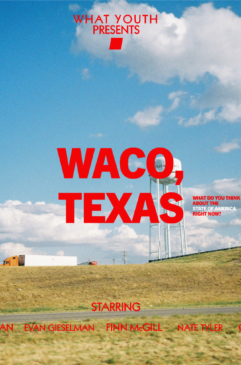
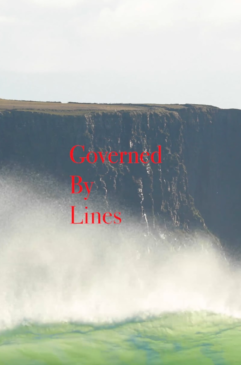
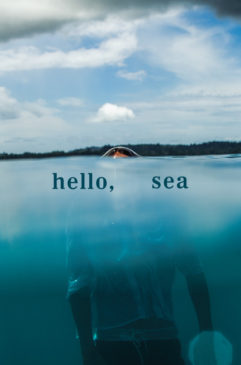
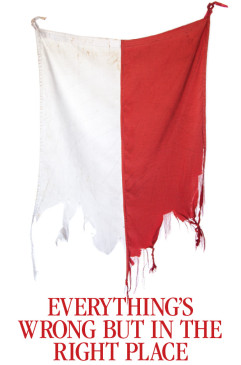
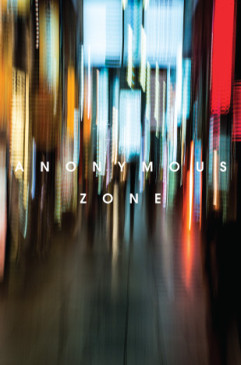
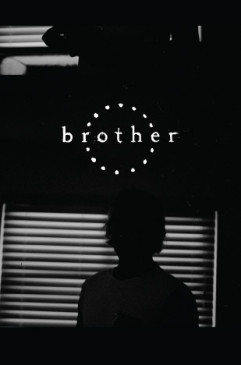
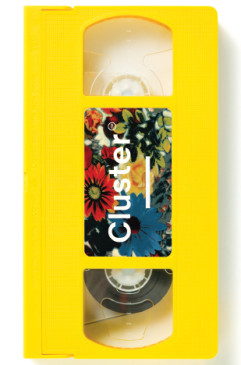
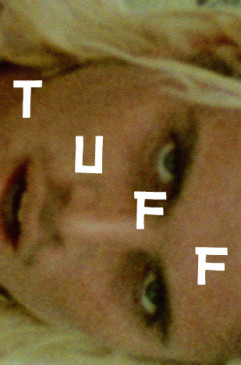
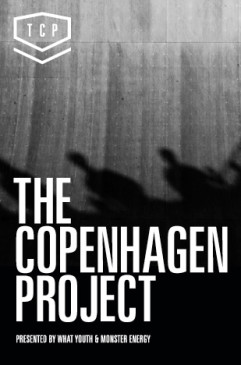
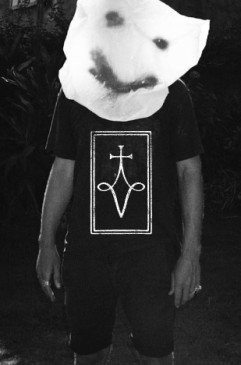
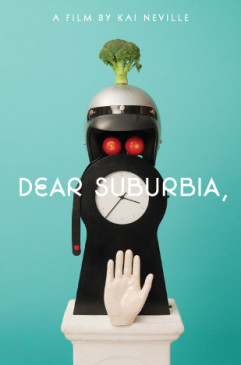
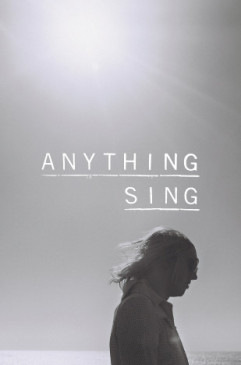


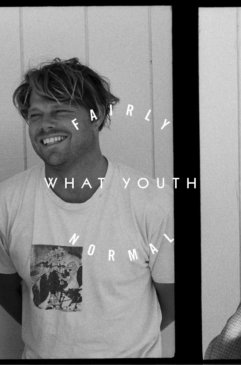
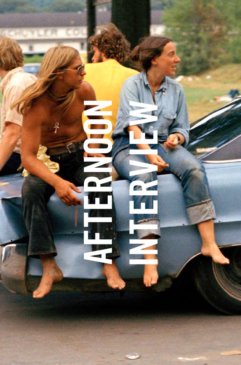
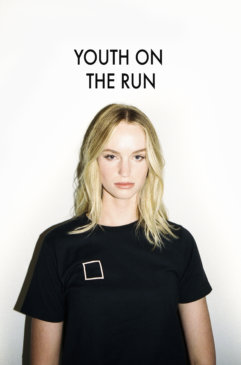
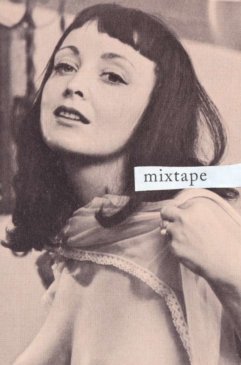
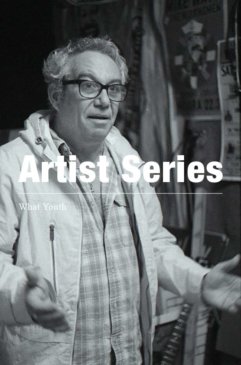
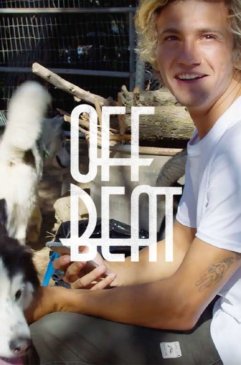
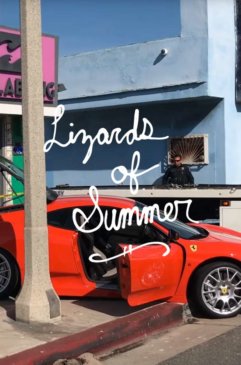
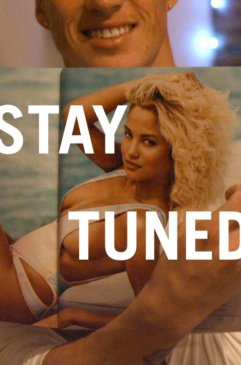
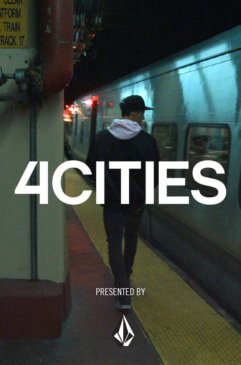
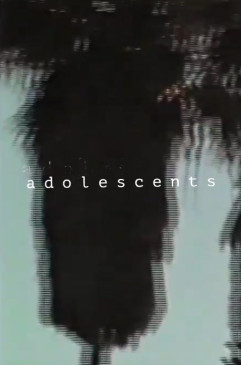
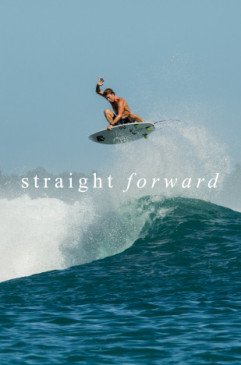
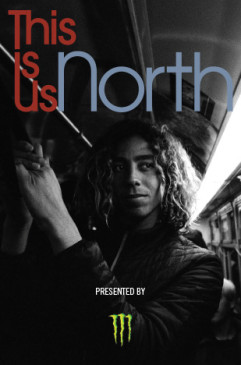
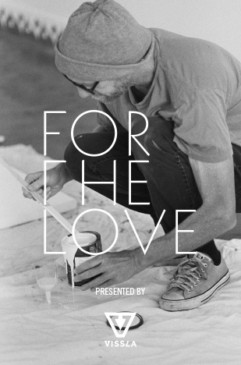
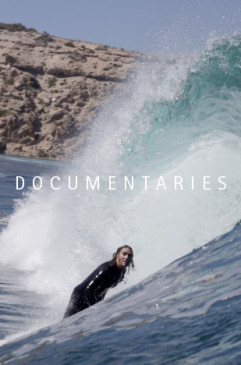
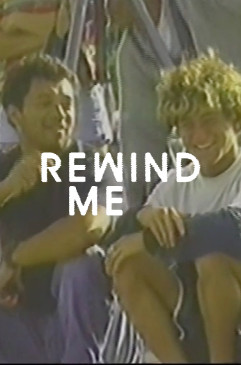
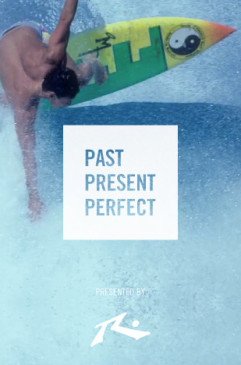
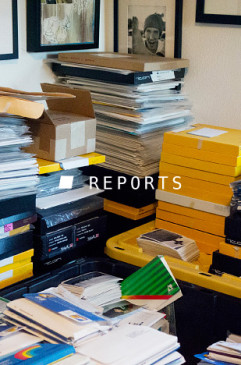
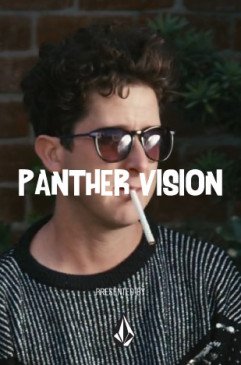
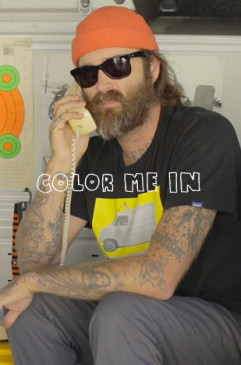
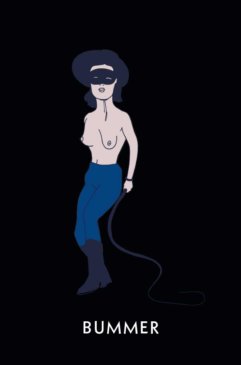
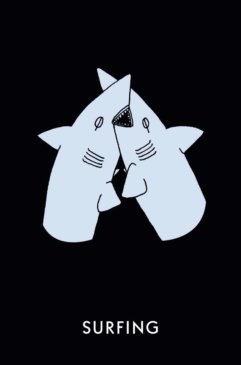
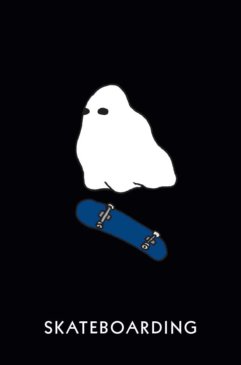
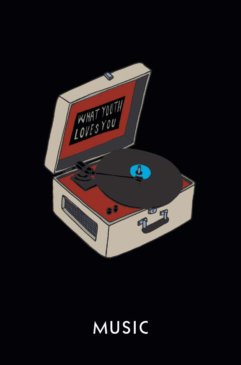
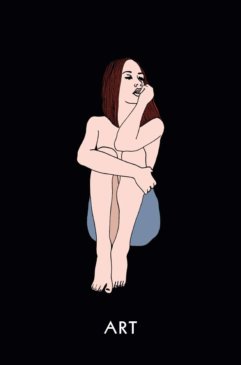
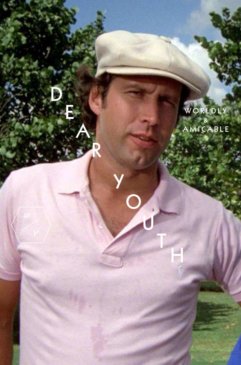
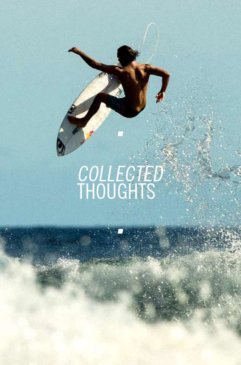


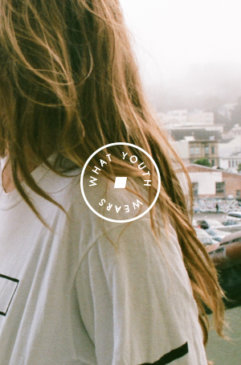

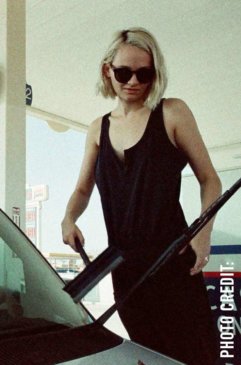


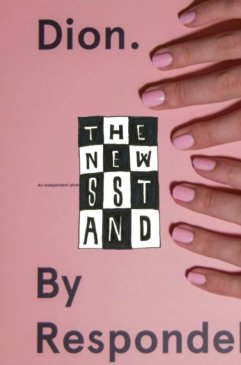
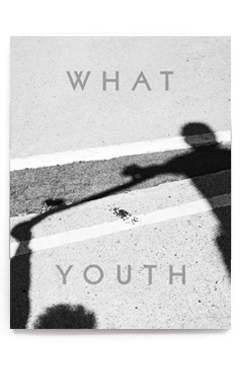
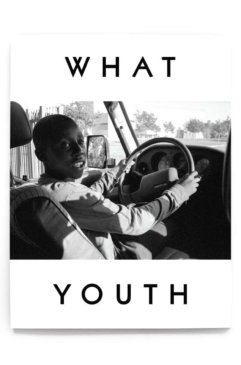
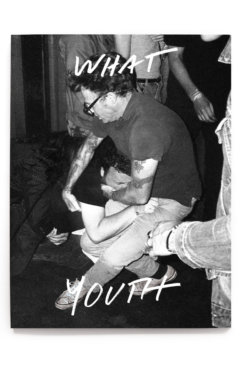
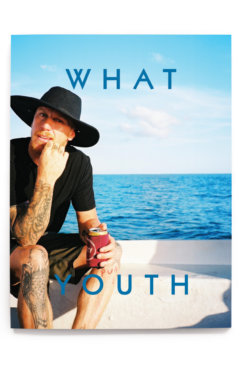
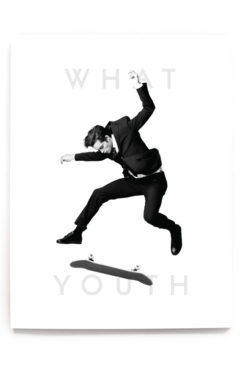
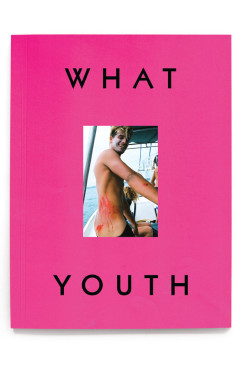
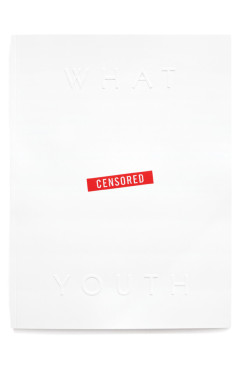
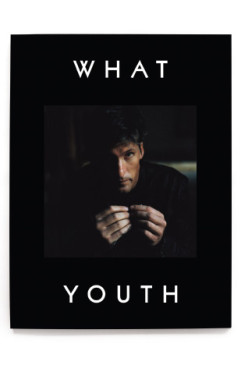
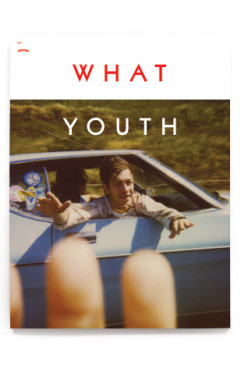
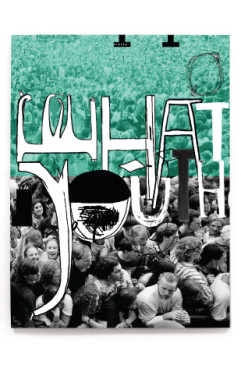
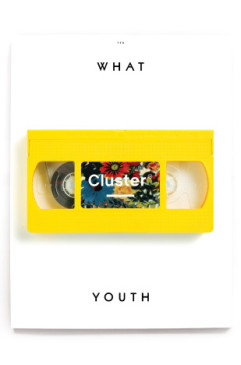
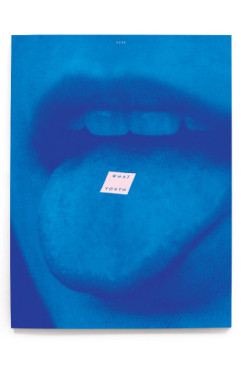
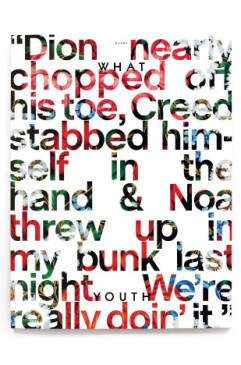
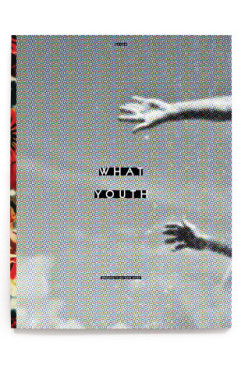
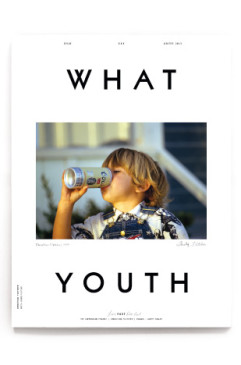
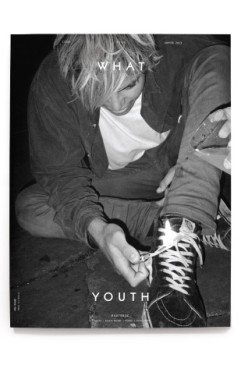
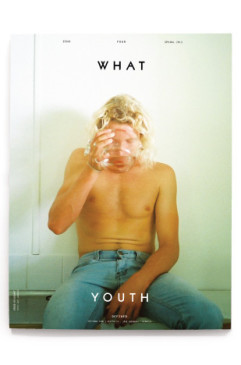
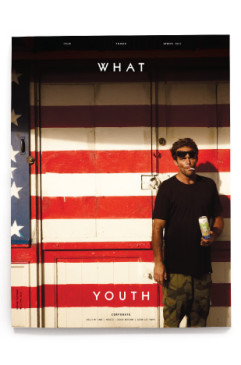
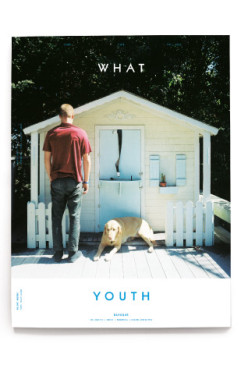
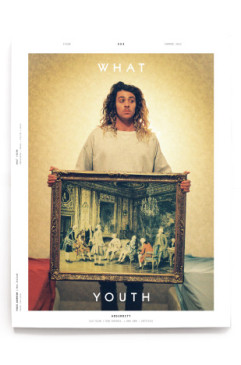
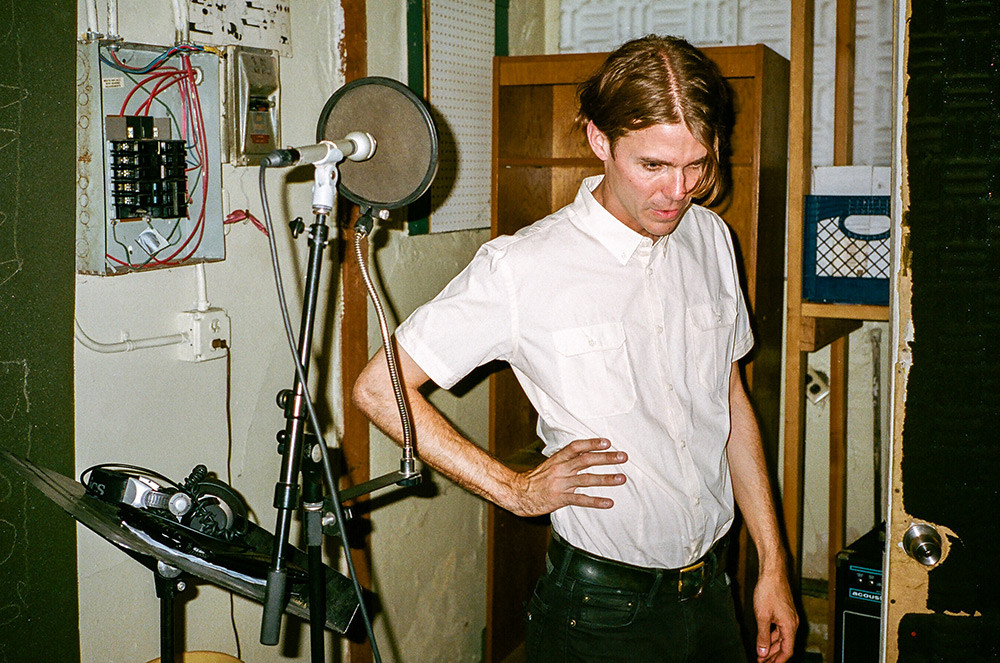
 NXT
NXT 
